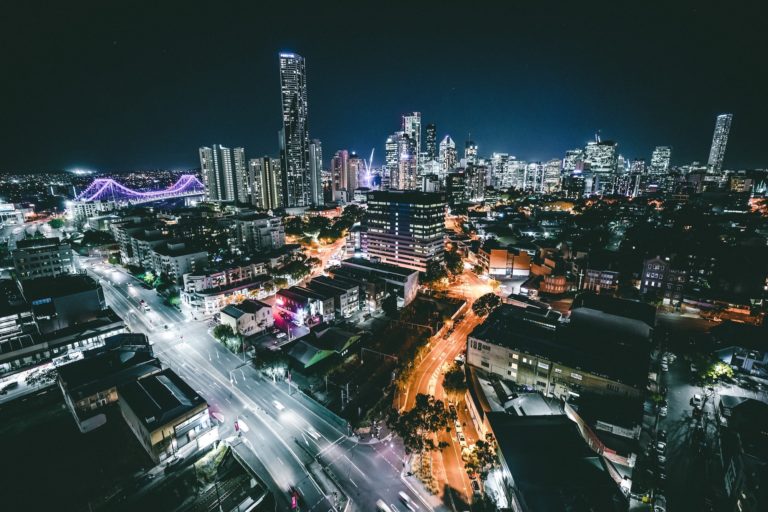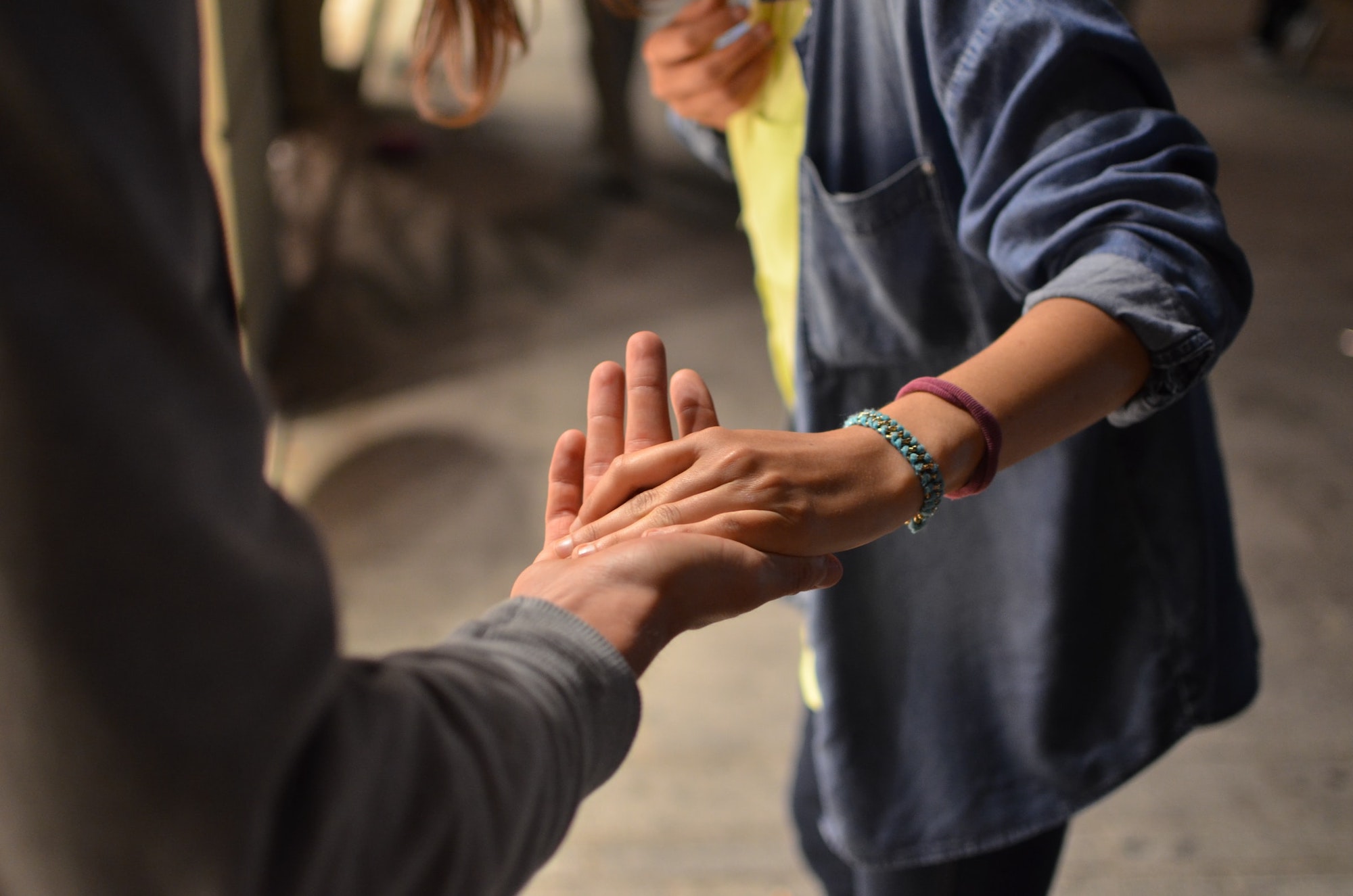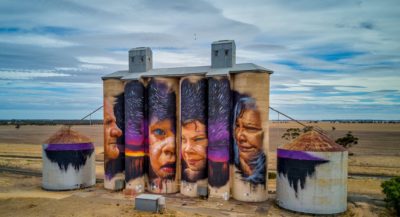
Is it time to re-imagine our fundamental relationship with cities?
We’ve entered 2021 having lived through unimaginable disruption and facing much more, we might well ask ourselves: Will COVID-19 cause a fundamental reimagining of our relationship with cities?


 Professor Julian Meyrick
Professor Julian Meyrick
